
A legend is told of a French monastery known throughout Europe for the exceptional leadership of a man known only as Brother Leo.
Several monks took a pilgrimage to visit and learn from this extraordinary leader. However, after starting out, they almost immediately begin to argue about the chores that needed to be done.
On the third day of their journey, they were joined by another monk who was also going to the monastery.
This monk never bickered about doing chores and did them dutifully. While the others fought about their chores, he simply volunteered to do them himself. On the last day of their journey, others began to follow his example and the bickering stopped.
When the monks reached the monastery they asked to see Brother Leo. The man who greeted them laughed. “But our brother is among you!” And he pointed to the fellow who had joined them during their journey.
Jack Welch, the former CEO of General Electric who is known for developing great leaders, once said,
“Before you are a leader, success is all about growing yourself. When you become a leader, success is all about growing others.”
Great leaders ultimately raise the performance level of their people, not so much by their words or title, but by their example and action.
Here are four ways great leaders raise performance.
1. Great leaders have a clear, uncompromising and passionate vision.
Individuals who are heroically working in the trenches can easily forget the overall vision of why they are there and why the organization exists. When they are tired or discouraged, vision will seep out and discouragement can creep in.
The most important job of a great leader is to keep the vision clear.
Great leaders find ways to use celebratory stories, inspiring metaphors, consistent systems and personal examples to remind people why they are there.
I call this, Creative Redundancy. Through different communicative systems, these leaders constantly point people back to the organization’s mission and vision.
Organizations with leaders who are “sounding a certain trumpet” raise the focus, commitment, energy and productivity of the people they are leading.
Proverbs 29:18 puts it this way: Where there is no vision, the people perish.
2. Great leaders leave managing to others.
World War II hero Rear Admiral Grace Murray Hopper observed, “You manage things; you lead people.”
With all the demands of details, tasks and systems, great leaders must make sure the majority of their time is spent leading people toward their highest potential.
People are the most important commodity of any organization. This is a fundamental philosophy to which every great leader must adhere. The strength of your people is equal to the effectiveness of your organization.
And great organizations are built on great people.
Great people will give their best and commit to the long haul. But it won’t be because of pay or perfect systems. It will be because the vision is clear and because they feel invested in and valued by their leader.
Great leaders focus their time on recruiting, leading and investing in people.
3. Great leaders are willing to own up to failure.
Clearly defined results are the measure of success. Warren Bennis, founding chairman of The Leadership Institute at the University of Southern California, said, “Leadership is the capacity to translate vision into reality.”
However, if the vision isn’t becoming reality, great leaders take full ownership of the problem and spend sleepless nights trying to figure out how to make effective changes. They lead by example, thus raising the performance and motivation of the people they are leading.
It takes deep conviction and confidence for a leader to say, “I have failed, I can do better.”
This honesty and humility raises the performance of the organization. People want to do their best when they are following a genuine and deeply convicted leader.
4. Great leaders sacrifice ego to empower others.
The great servant leader Max De Pree wrote, “The first responsibility of a leader is to define reality. The last is to say thank you. In between, the leader is a servant.”
In short, they practice servant leadership.
- Servant leadership involves making sure people are working in their strengths and passions. This exponentially raises performance.
- Servant leadership involves helping people grow holistically. This produces longevity and sustainability.
- Servant leadership involves allowing others to get credit while remaining quietly in the background. This creates selflessness and teamwork.
- Servant leadership involves collaboration, humility, inner strength and a commitment to a greater cause.
When servant leaders retire, their organizations usually transition well. They have built their organizations on deep values, a clear vision, and sustainable structures—not simply on one person’s charisma or personality. By raising up a next generation of leaders, they make their organizations stronger and more sustainable.
Bono, activist and lead singer of U2, says: “The job of love is to help someone realize their potential.”
When leaders lead with a clear vision, invest in people, admit to failure and empower others, they quickly raise the performance of their organization.
This is what GREAT LEADERS do.
Let me rephrase the words of Jack Welch that I quoted earlier, “If you are a mediocre leader, success is all about growing yourself. When you become a GREAT leader, success is all about growing others.”






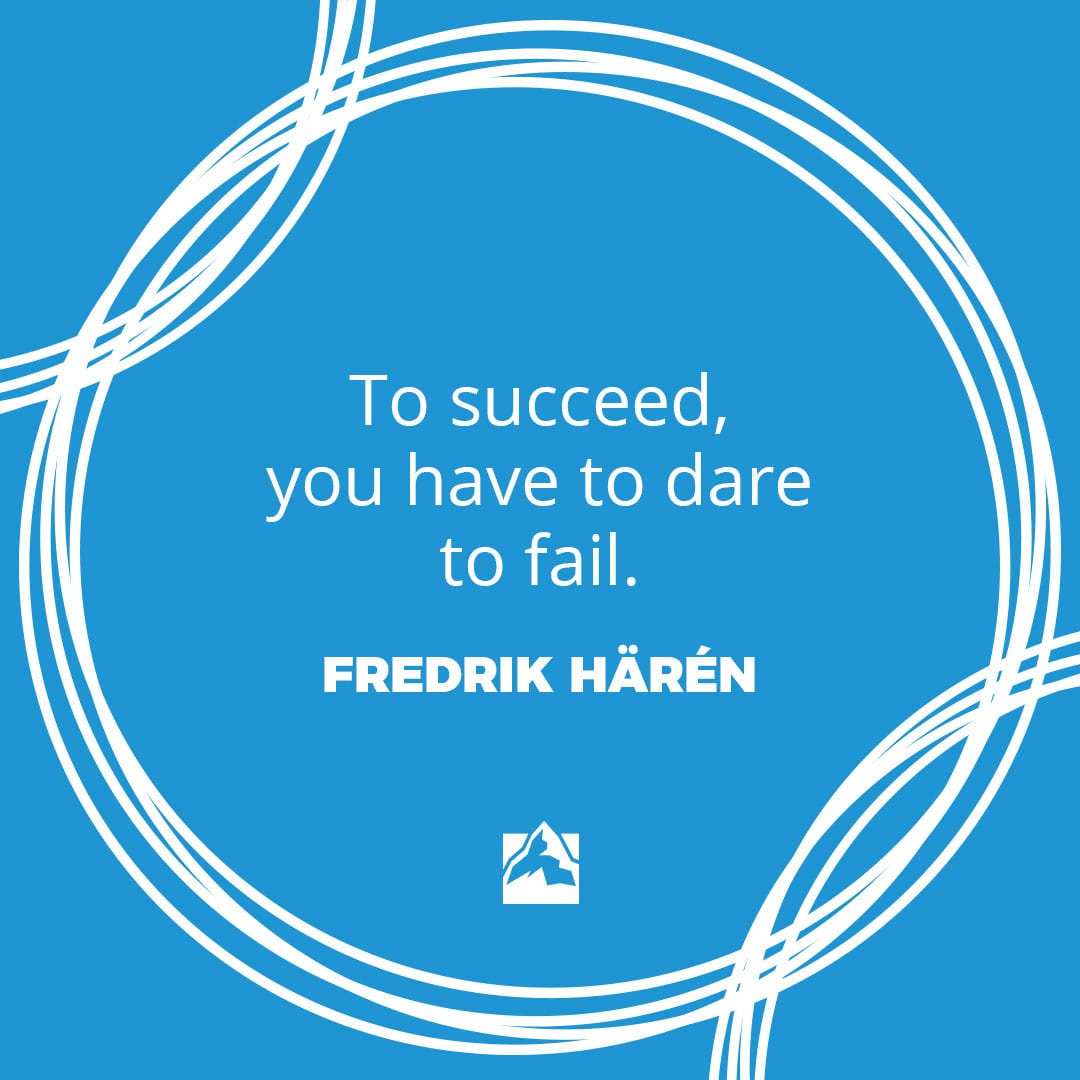
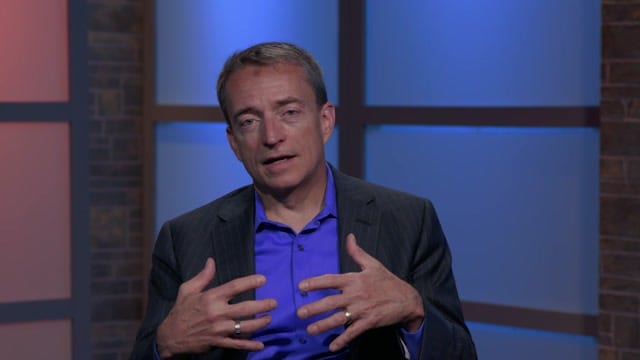
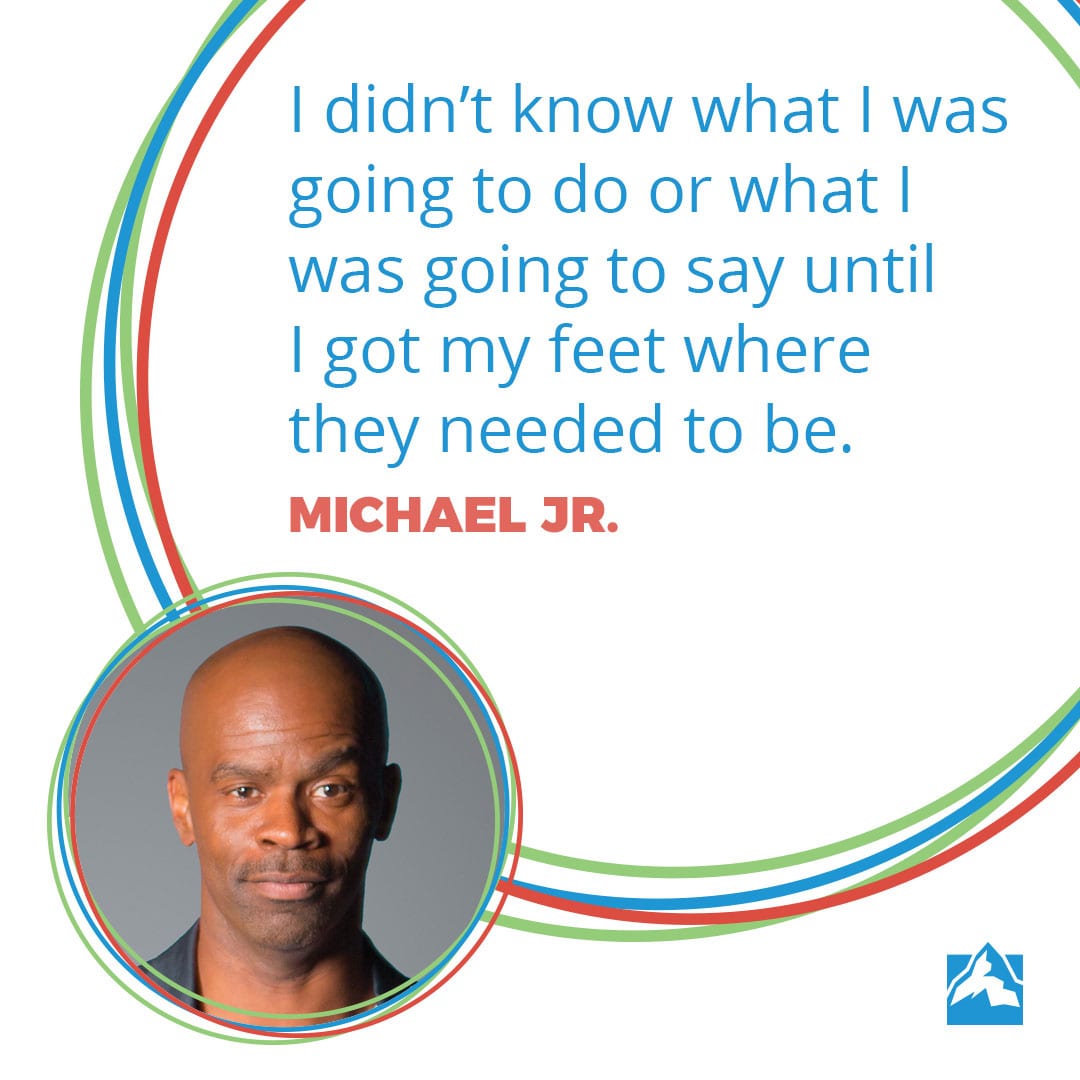
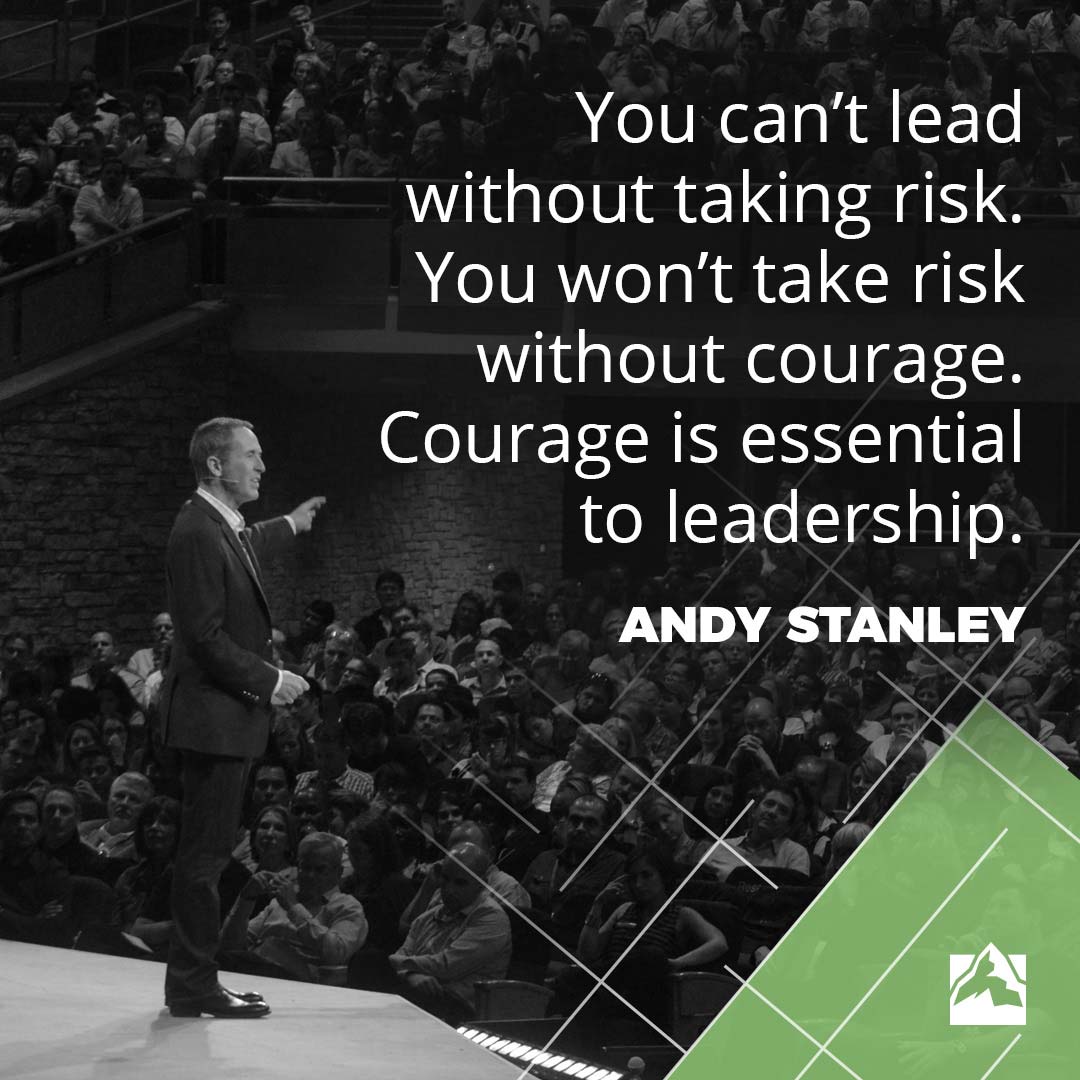
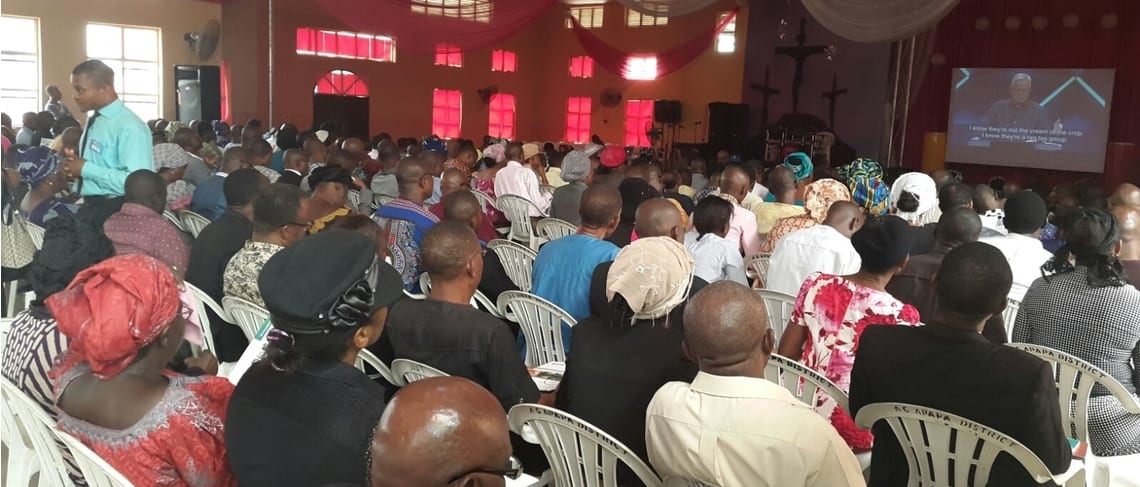
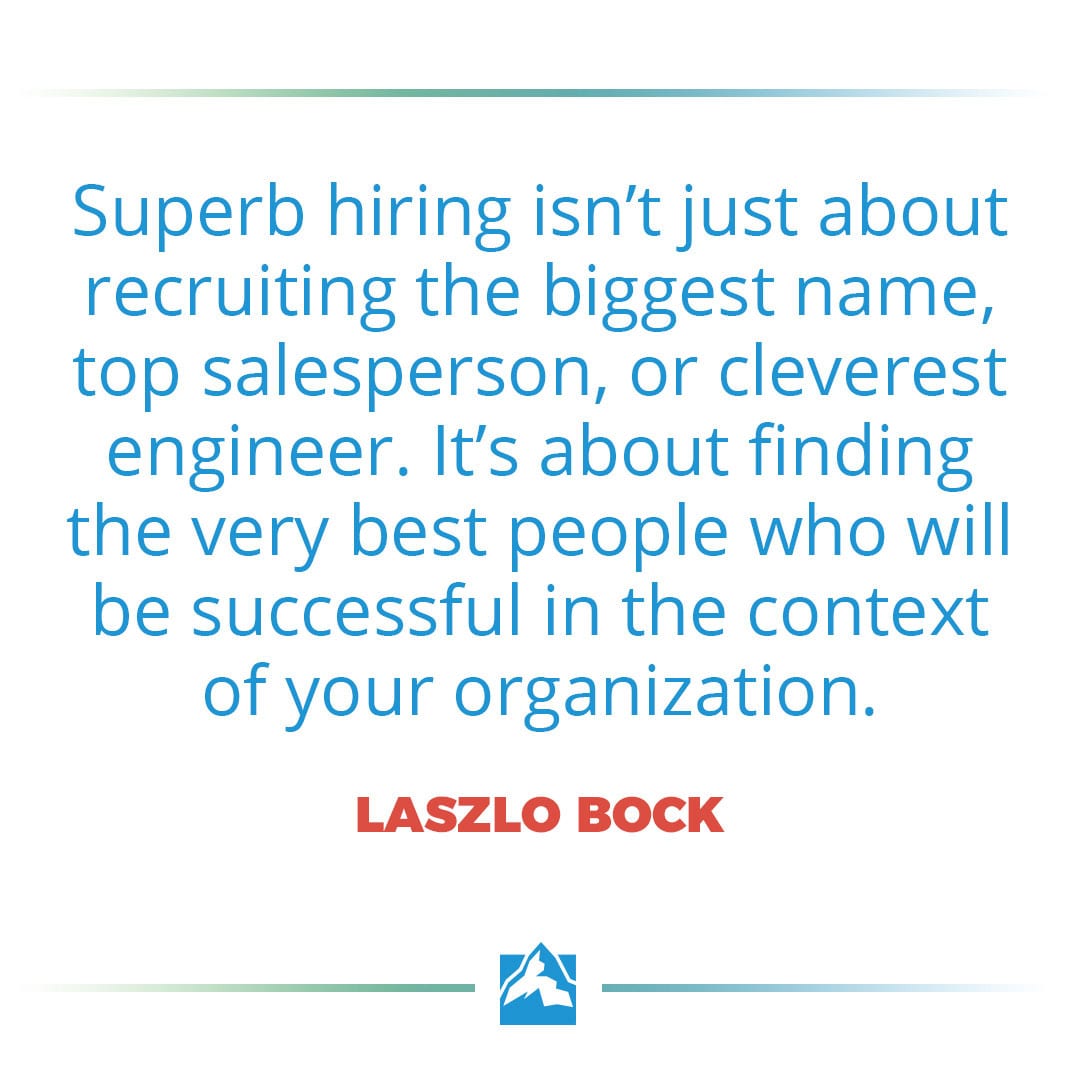

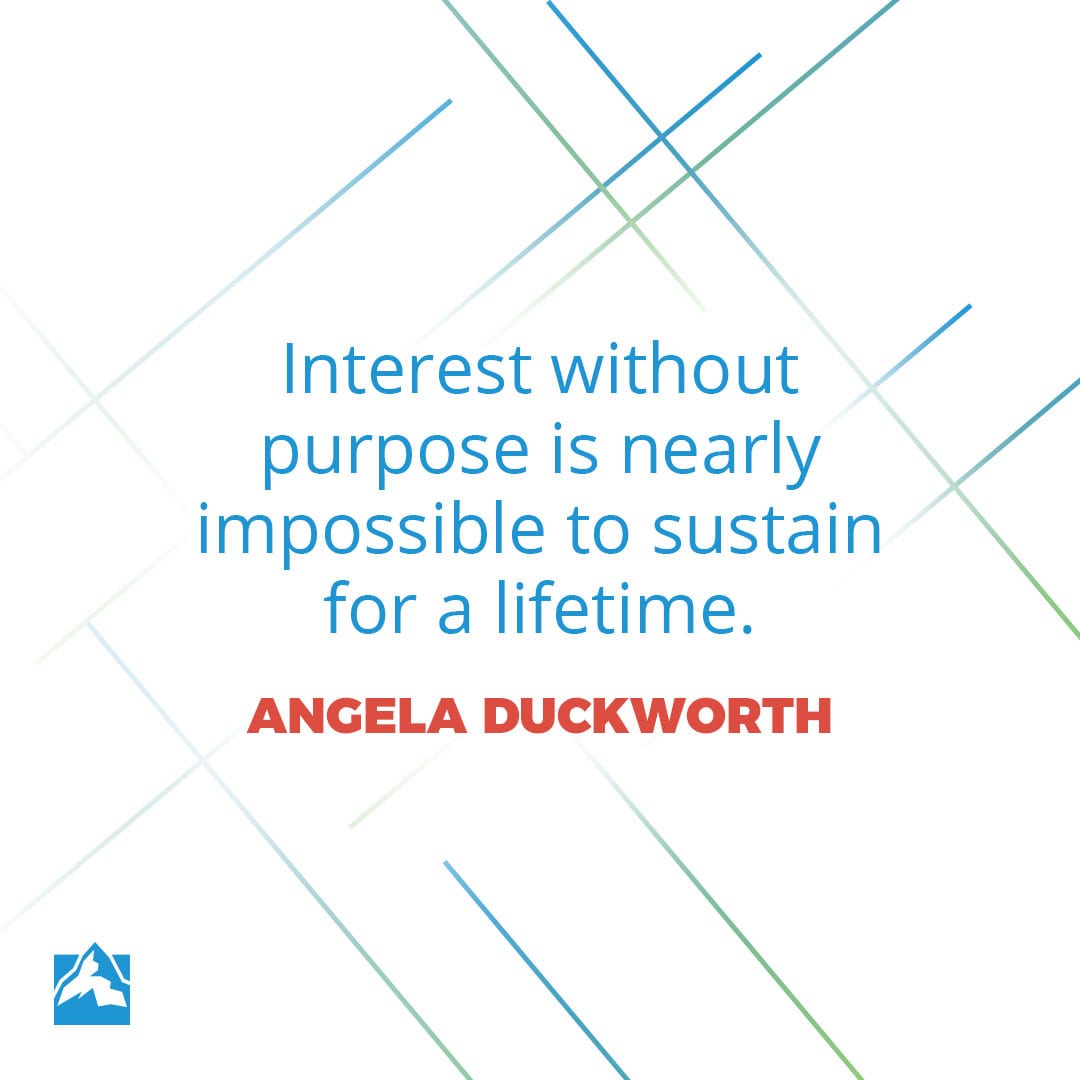

Recent Comments